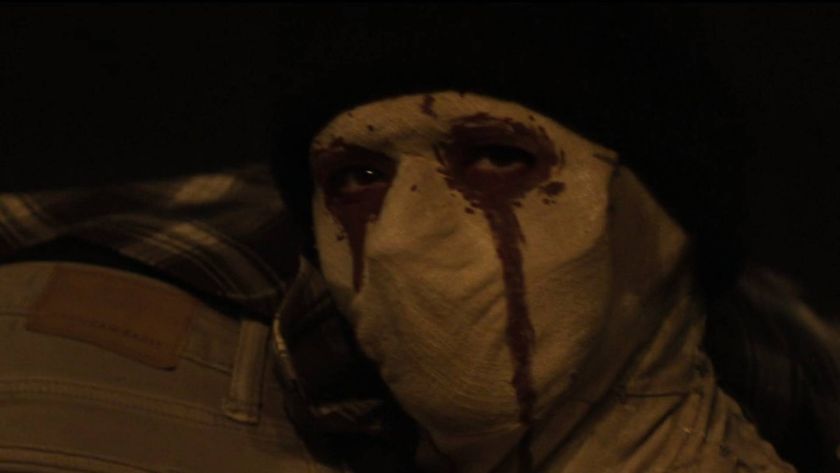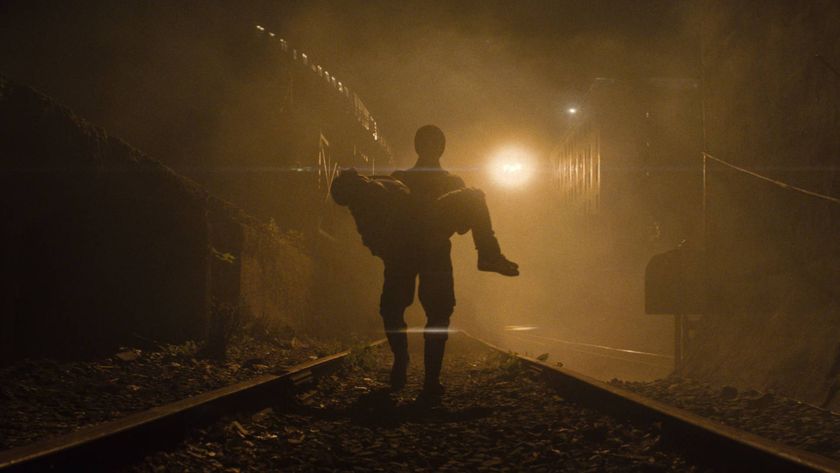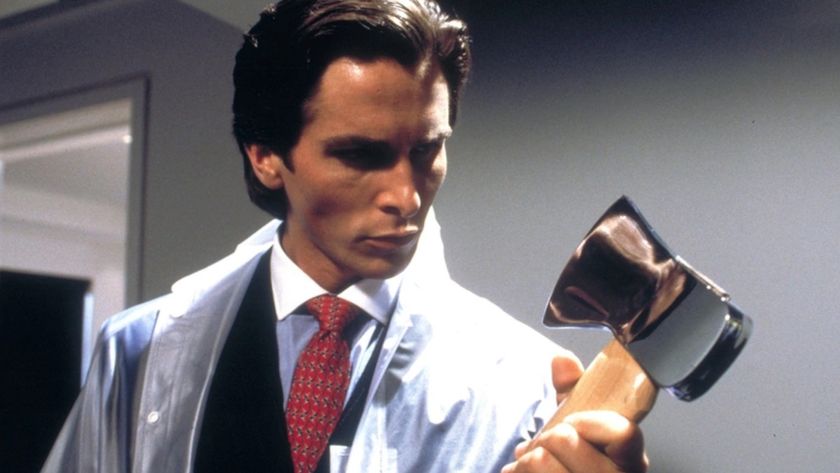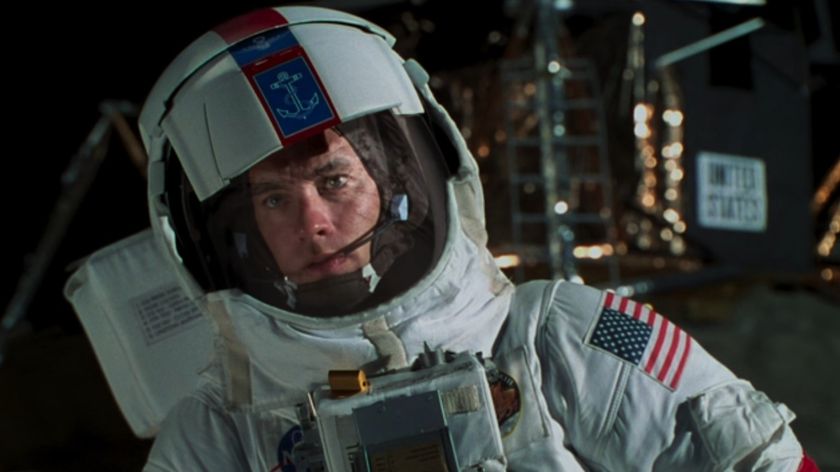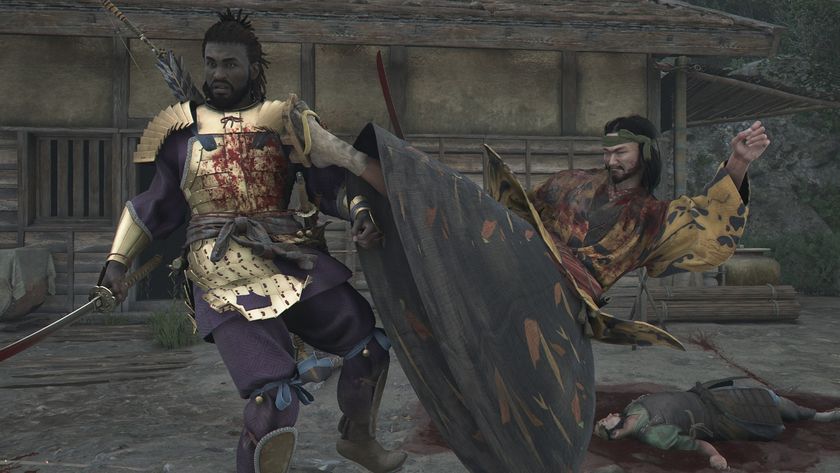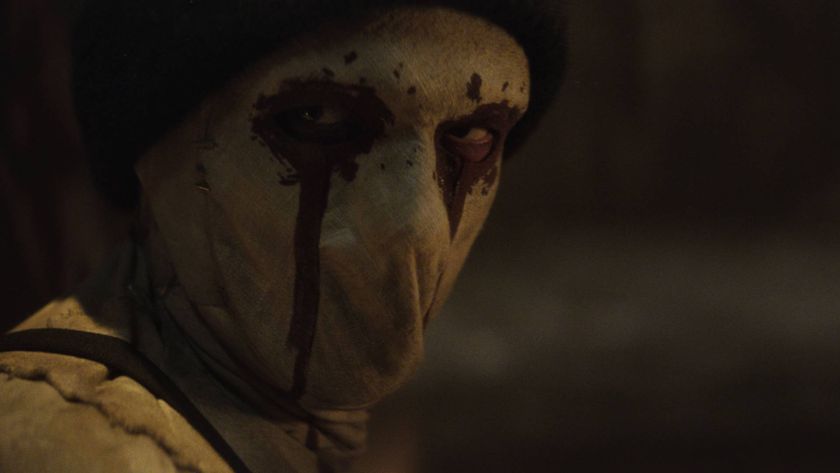INTERVIEW: Hugh Howey talks Wool
The book, not the material, that is. Plus, win one of five copies!
You can count the number of SF and fantasy films Ridley Scott has made on one hand. The fact that the fifth could well be an adaptation of Hugh Howey’s recently-released Wool should be enough of a clue that the dystopian sci-fi trilogy is one not to be missed. To find out what all the fuss is about we had a chat with the author, Hugh Howey.
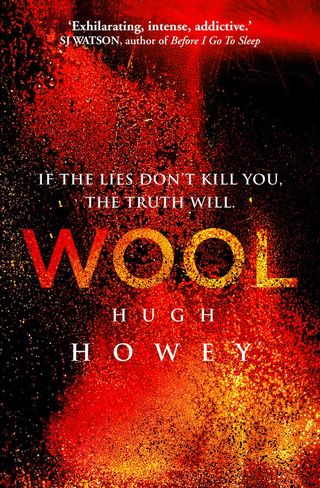
SFX: Tell us a little bit about Wool ...
Hugh Howey : “ Wool tells the story of a people who live in a buried silo. They’ve lived there so long that there’s only legends of mankind having lived anywhere else. The silo is self-sufficient, but it isn’t doing well. People grow restless, but you aren’t allowed to talk about going outside. If you do, you’re banished, and no one ever returns.
“The story starts off with a sheriff who lost his wife to banishment three years prior. He can’t take living without her anymore, so he’s going to break the rules he swore to uphold. He’s going to go outside.”
Who are your favourite authors?
“On the fiction side, I love Neal Stephenson, Neil Gaiman, Ray Bradbury, and Jonathan Swift, just to name a few. I read a lot of non-fiction as well. My favourite works are from authors like Steven Pinker, Jared Diamond, and Judith Harris.”
Wool has drawn comparison with The Road, The Hunger Games and I Am Legend . Why do you think the dystopian genre has caught the imagination of so many readers at this time?
Sign up to the SFX Newsletter
Get sneak previews, exclusive competitions and details of special events each month!
“That’s a great question. Do these stories appeal to us because of the times we live in? Or have they always been popular to some degree? I think interest in this genre is especially keen right now, but these stories have always captured the imagination. The old shipwreck adventures were very similar stories. These are tales of survival, of having everything we rely on stripped away and then attempting to eek out a living. It could be that mankind is simply programmed to expect the worst, to always be thinking of an exit strategy, a plan to pull through. Another facet is the allure of imagining ourselves at the end of the world. What would we do? How long would we last? Would the strain lessen our humanity? Or would we be a hero? It’s fascinating to ponder.”
Wool was original released as a serial, the storytelling reminds us a lot of some of our favourite comics. Was this purposeful? Are you a comics fan?
“I’m a massive comic geek. I’ve had a dozen long-boxes worth of comics over the years (quite a few that I really wish I still had). The beauty of a comic is that it needs to tell a satisfying story in two dozen pages, but it also needs to further along a much larger story arc. It should end satisfactorily but also in a manner that has you coming back for more. Scripted TV drama has some of the same demands, and I’ve learned as much about storytelling through these mediums as I have through the books I’ve read over the years. Or maybe I’m just trying to justify writing off my comic budget as a business expense!”
You've already achieved enormous success as a self-published author. Congratulations. How does that experience compare with working with huge multi-national publishers?
“The experiences are wildly different in many ways. One of the great joys of writing for yourself is that you can write the story you wish you could discover as a reader. You don’t have to stick to what’s commercial, what’s expected.
“The joy of working with Random House in the UK has been the feeling of being on a team. My editor, Jack Fogg, has been a dream to work with. He makes my writing stronger. And then you have artists working on covers and video trailers and designers working on the layout of the book and adverts. The excitement across the team is infectious. I’ve really enjoyed the experience.”
Where do you think the majority of best-sellers will come from in five years time – from publishing houses or self-publishing platforms?
“I think it’ll be a mix, but my guess is that most will continue to come from publishing houses. Unless you count the books that began life as self-published works and were later picked up. What I hope to see continue is the blurring of the lines between the two avenues of publication. Publishers are quite open to acquiring popular works and giving them a boost. It saves them the stress of giving unknown works a shot. And what I love about this process is that the reader has become the arbiter of taste. The public signals what they’re interested in, and publishers deliver. The process has become democratised in a way that should be seen as exciting for readers, writers, and publishers alike.”
How does it feel to have Ridley Scott on board for the big-screen adaptation of Wool ? Will you be involved in the project?
“It’s incredible humbling. Ridley Scott is one of my heroes. I grew up on and was heavily influenced by his work. My involvement will be limited by choice. I’m actually answering these questions from my hotel room in LA, as we’re just having the first in-person meetings about the project. The way I see it, these people are much more expert in telling a two-hour story. My goal is to answer any questions they may have but to stay out of their way. I just want a tub of popcorn and a seat.”
Did any films act as an inspiration to you when writing Wool ?
“ Wool is a very dark story. Films that really moved me in the years during and prior to writing Wool were: Children Of Men, Moon and Primer. The character arc from Braveheart is one that I’m drawn to, that reluctant warrior who is placed in a position to fight even though they’d rather not. And I was also influenced by films with claustrophobic tension like Das Boot and Quarantine.”
Sounds good, right? Wool is available at all good book retailers (and presumably, a few bad ones) right now.
To be in with a chance of winning one of five copies answer the simple question behind this magic link .
• Hugh Howey on creating characters in Wool
• Wool review
• All SFX’s book reviews on one handy page.

I'm the Deputy Editor at Total Film magazine, overseeing the features section of every issue where you can read exclusive, in-depth interviews and see first-look images from the biggest films. I was previously the News Editor at sci-fi, fantasy and horror movie bible SFX. You'll find my name on news, reviews, and features covering every type of movie, from the latest French arthouse release to the biggest Hollywood blockbuster. My work has also featured in Official PlayStation Magazine and Edge.
